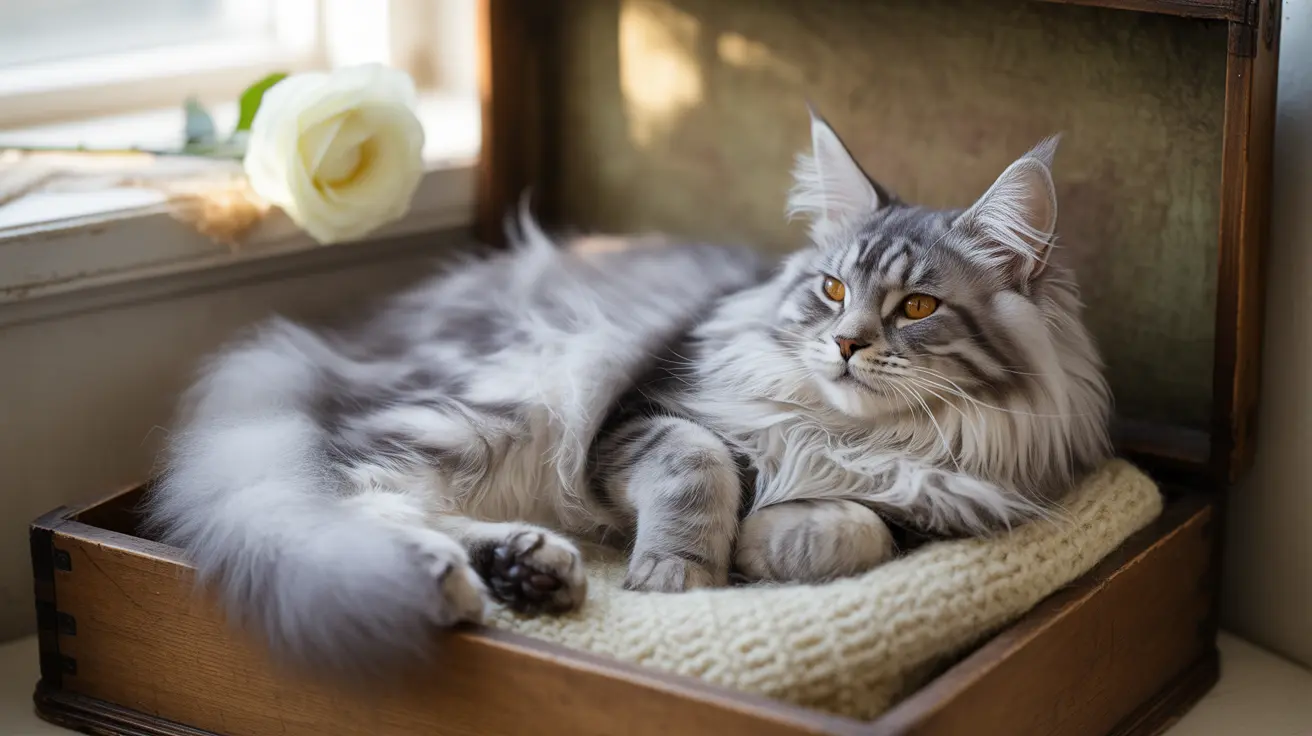Immediate Steps After Your Cat Passes Away
The first moments after discovering your cat has passed require careful attention to both emotional and practical considerations. Always wear protective gloves when handling a deceased pet, and gently check for any signs of life such as breathing or heartbeat. If your cat had a microchip, consider having it scanned to ensure proper identification.
Wrap your cat's body in a clean blanket or towel and place it in a secure container if immediate transportation isn't possible. If there will be a delay before final arrangements can be made, temporary storage in a cool area is appropriate, but avoid freezing the body.
Professional Cremation Services
Cremation has become one of the most popular options for pet aftercare. Two main types are available:
Individual Cremation
With individual cremation, your cat is cremated separately, and you receive only your pet's ashes. This option typically costs more but ensures you have your cat's specific remains returned to you in an urn or commemorative container.
Communal Cremation
Communal cremation involves multiple pets being cremated together. While this option is more affordable, you won't receive individual ashes back. The remains are usually respectfully scattered in designated areas by the crematorium.
Home Burial Considerations
If you're considering burying your cat at home, first check local regulations as this option isn't legal in all areas. Where permitted, ensure you:
- Choose a location away from water sources
- Dig a grave at least 3-4 feet deep
- Use a biodegradable container
- Mark the grave appropriately
- Consider future property plans
Memorial Options and Keepsakes
Many pet parents find comfort in creating lasting memorials for their cats. Popular options include:
- Custom urns or memorial boxes
- Jewelry containing a small portion of ashes
- Paw print impressions
- Professional portraits or photographs
- Memorial garden stones or plaques
- Living memorials such as planted trees or gardens
Professional Support Services
Don't hesitate to seek professional help during this time. Many veterinarians and pet loss counselors specialize in supporting grieving pet owners. These professionals can provide both practical guidance and emotional support as you navigate this difficult transition.
Frequently Asked Questions
What are the immediate steps I should take when I find my cat has died at home?
First, confirm the passing by checking for vital signs. Then, put on protective gloves, wrap your cat in a clean blanket or towel, and place them in a secure container. If immediate arrangements aren't possible, store the body in a cool (not frozen) place while making final arrangements.
What are the legal and practical options for disposing of my dead cat's body?
The main options include professional cremation (individual or communal), burial in a pet cemetery, or home burial where legally permitted. Contact your veterinarian or local pet crematorium for specific services available in your area.
How do I choose between cremation and burial for my deceased cat?
Consider factors such as cost, local regulations, whether you want to keep the remains, and if you might move in the future. Cremation offers more flexibility and permanent options for keeping your pet's remains, while burial provides a physical place for remembrance.
What can I do with my cat's ashes after cremation?
You can keep the ashes in an urn at home, scatter them in a meaningful location, create memorial jewelry or art, or place them in a pet cemetery's columbarium. Some people also choose to incorporate ashes into living memorials like tree plantings.
Who should I contact if I find a dead stray or unknown cat?
Contact your local animal control, police department, or municipal services. They can properly handle the remains and check for identification such as microchips. Don't attempt to handle or bury unknown animals without proper authority guidance.
Final Thoughts
Remember that grieving the loss of a cat is entirely natural and everyone processes it differently. Take time to honor your pet's memory in a way that feels right for you, while ensuring all practical matters are handled appropriately and legally. Don't hesitate to reach out to professionals or support groups who can help you navigate this challenging time.






